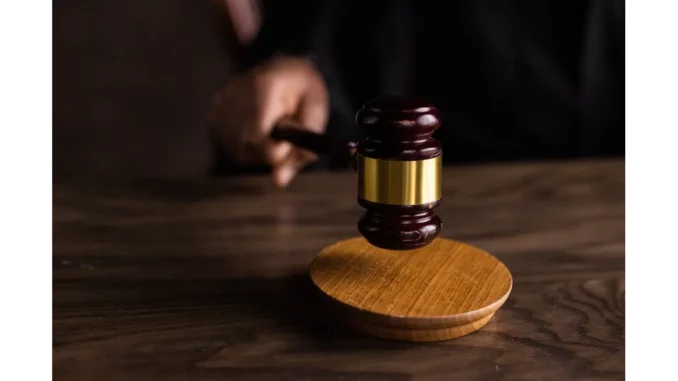
In a forthright discussion with journalist John Williams, Housing Secretary Angela Rayner conveyed the pressing need for justice in the aftermath of the Grenfell Tower tragedy. Her impassioned words underscored both the gravity of her responsibilities and the urgency of her mission, as she emphasised the imperative for the Metropolitan Police and the Crown Prosecution Service (CPS) to act without delay. “Justice delayed is justice denied,” she asserted on Times Radio. During the interview, Rayner elaborated on what this sentiment means for the survivors and the families of the victims.
Focus360 Energy: property compliance services – pre-planning to post-construction. Learn more.
Upon meeting Angela Rayner, it was evident that the subject of Grenfell weighed heavily on her. As a key figure in housing policy, Rayner’s connection to the Grenfell community is both professional and deeply personal. “This is an incredibly complex investigation,” she began, “and as we are now seven years on, with the phase two report being incredibly detailed, there’s a substantial volume of material to process.”
Rayner’s earnestness was evident as she discussed the government’s commitment to aiding the Met Police and CPS in their pursuit of justice for those affected. “We will do everything we can to support the Met Police and the CPS to ensure that they can bring their findings and take their actions forward as swiftly as possible. Because, as many of the survivors and the families of the victims have said… justice delayed is justice denied, and I absolutely agree that this needs to happen as quickly as possible.”
The conversation then turned to the practical aspects of the ongoing investigation. The Metropolitan Police has projected a timeline of 12 to 18 months to thoroughly examine the report before any criminal charges can be presented. This timeframe serves as a stark reminder of the meticulous effort required to ensure that justice is both comprehensive and fair.
“The investigation is intricate, involving 19 companies and organisations, along with 58 individuals,” Rayner explained. “Potential offences under consideration include corporate manslaughter, gross negligence manslaughter, perverting the course of justice, and other serious charges.”
The magnitude of the task is formidable, yet Rayner remains resolute. “We need to ensure that every line is scrutinised, that every piece of evidence is considered, so that when charges are brought, they are irrefutable.”
Rayner is acutely aware of the human cost of the disaster. The deaths of 72 people in the 2017 fire were preventable, a result of what inquiry chairman Sir Martin Moore-Bick described as “decades of failure” by the government, other authorities, and the building industry. “This is not solely about legal accountability,” Rayner noted. “It’s about moral accountability. It’s about ensuring that such a tragedy never happens again.”
Rayner’s voice wavered slightly as she recounted the experiences of the survivors and the families of the victims. “The pain and suffering they have endured is unimaginable. They deserve closure, and they deserve to see justice served.”
Rayner was transparent about the hurdles that lie ahead. “At the moment, there’s £5 billion available for remediation, so I don’t accept that the money’s not there,” she stated firmly. “These companies, the people that own these buildings, have financial resources as well. I don’t accept that there is not the money to do this remediation.”
Acknowledging the complexities of ownership structures, with some buildings owned offshore, Rayner stated, “I’m looking at how we can continue to hold these building owners to account, to make sure that they do the work. There’s no excuse to not do this work now.”
Rayner’s message was unequivocal: the government is dedicated to addressing the recommendations of the Grenfell inquiry comprehensively and ensuring that all necessary measures are implemented to prevent a recurrence of such a disaster. “Ministers will respond in full to the report within six months, and will provide regular updates to Parliament on any commitments made,” she affirmed.
The interview concluded with a poignant call to action. “All buildings in the UK could have a failure of some sort. I can’t guarantee 100% that every building in the UK is going to be 100% safe,” Rayner admitted. “But what I can say is that measures have been taken to ensure that there are fire evacuation procedures, that where there is a waking watch that’s required, there is a process with the fire brigade to ensure that people are safe.”
As we wrapped up, it was clear that Rayner’s dedication to justice and safety was unwavering. “I’m always straight with people,” she said. “I can’t give you a timeline today, but what I can say is that it is an incredibly slow process at the moment—seven years on—and that’s not acceptable.”
Angela Rayner’s words serve as a poignant reminder that while the wheels of justice may turn slowly, they must turn surely and decisively. The survivors and the families of the Grenfell Tower fire deserve nothing less.


Be the first to comment